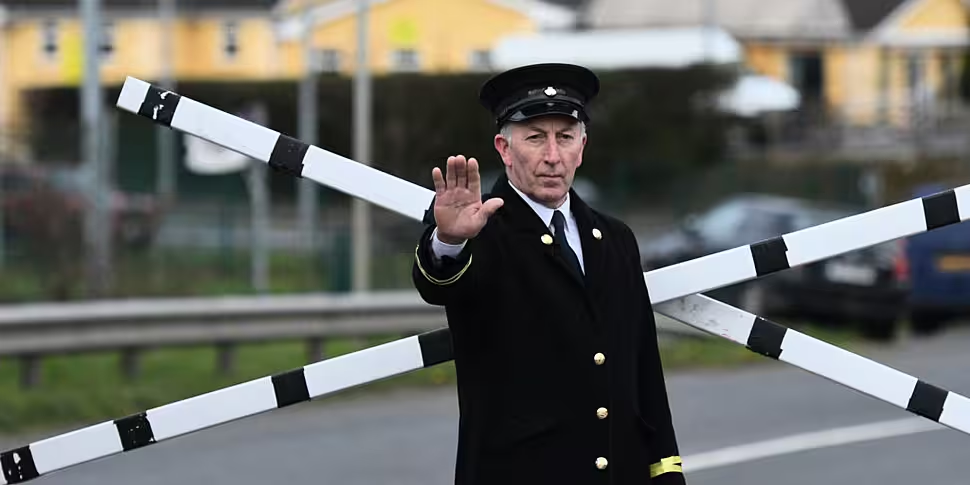A UK Government document outlining the potential impact of a no-deal Brexit has warned that Downing Street’s plans avoid a hard border in Ireland are “unsustainable.”
The Operation Yellowhammer document, officially released last night, warns of food shortages across the UK, queues at ports and "significant" rises in electricity prices.
In the North, the British Government expects businesses to be forced to close due to severe trade disruption on goods crossing the border.
It is also planning for disruption and job losses in key sectors – resulting in protests, direct action and road blocks.
The documents also warn of the potential for a “rise in public disorder and community tensions” across the UK.
***
It is hoped talks aimed at resolving the ongoing beef price dispute will get underway at the weekend or early next week.
Meat processors and six farming groups met separately with the Agriculture Minister Michael Creed yesterday evening.
Processors are calling for the talks to begin on Monday while farmers want them to start on Saturday.
The Beef Plan Movement has called for all legal threats against farmers to be dropped before talks begin.
Meat Industry Ireland meanwhile has said protests and blockades at meat processing factories must be lifted.
***
Researchers at Queen's University in Belfast have discovered a groundbreaking new way to tackle the plastic pollution crisis.
The world produces over 300 million tonnes of plastics every year – with the vast majority of single use items not designed to be recycled.
By making use of a new technique called rotational moulding, the Belfast researchers say these could now be turned into larger items such as kayaks, canoes and storage tanks.
The technique could see very large volumes of single-use plastic repurposed and prevented from entering the environment.
***
A new report has found institutional racism remains in-built in criminal justice systems across Europe.
The study, undertaken by the European Network Against Racism, has found that racist crime are not being effectively recorded, investigated and prosecuted in many EU states.
Studying data from 24 EU member states, researchers found “subtle forms of racism” throughout the reporting, investigating and prosecuting process.
It also found that racially motivated crimes are on the rise in many EU member states.
***
Dublin tops the chart when it when it comes to burglaries in Ireland.
Over the past decade, 41% percent of reported break-ins were in the capital.
The research, carried out by Phone Watch, found an east-west divide with Dublin followed by commuter counties Louth, Kildare and Wicklow.
Kerry had the lowest burglary levels – with around one-in-19 properties burgled over the last decade, closely followed by Donegal and Mayo.









